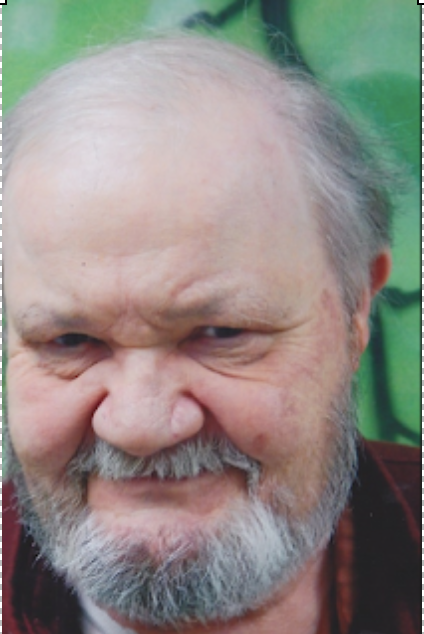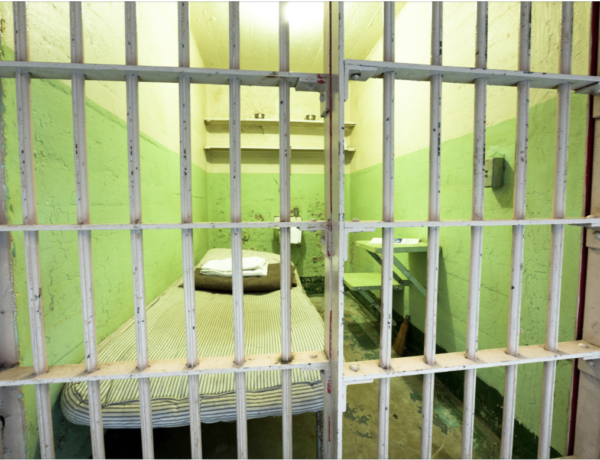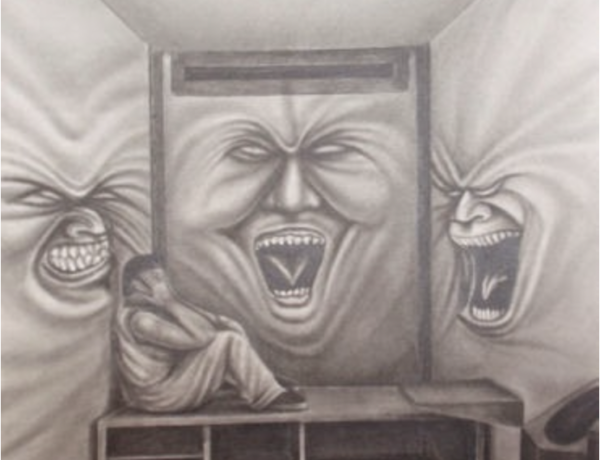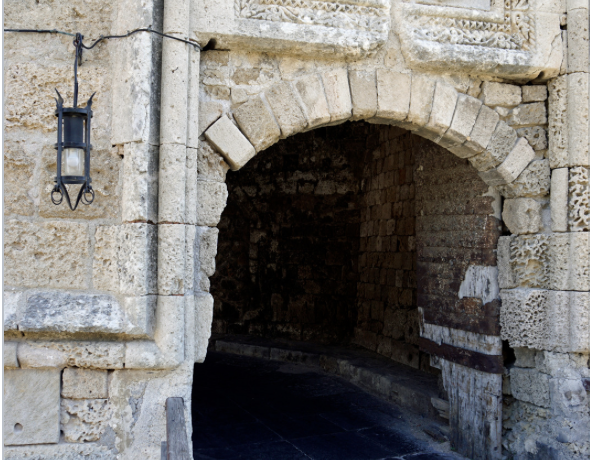The Season of Subtraction
By Burl N. Corbett
Each successive passing of an old friend
dispatches to a tacit grave one more
inconvenient witness to our misdeeds.
Every death whittles our generation
one soul closer to unrued extinction,
provides a glimpse of the little shadow
that runs across the grass to lose itself
in the sunsets of our transient lives.
Yesteryear’s sins beget the ghosts that haunt
our conscience; we are the agents of our
own distress, the bugbears of our regrets.
An excruciating awareness of
the world’s impermanence renders hollow
our futile aspirations, life’s empty
promise. We relive our public triumphs,
dwell on our private defeats, wonder just
what the hell it was all about anyway?
Old age is the season of subtraction,
and our allotted time its minuend,
its subtrahend our nows and tomorrows.
Blindered by nostalgia, we glorify
our pasts, yet blame our current woes upon
the indiscretions of our callow youth.
Though we each owe God a death, and prefer
to stand in arrears, our accounts will be
balanced soon enough, all debts paid in full
The Things We Lost That Never Were
By Burl N. Corbett
We speak of the past as if it
were a mislaid book, or a pet
that slipped its collar, a mishap
easily set aright. But what
about the things we never had?
What is the proper synonym
for wasted opportunities,
the deeds that we would have done but
for the lack of sufficient nerve?
Our unfulfilled pasts are shadows
we cannot shake; thev wax and wane
dependent upon the arc of
our misery, haunt our sleepless
nights, hold hostage our memories,
ask unsecurable ransoms
extorted from the wreckage of
remorse. We long for another
shot at the things we might have done
had we only had the courage.
But there are no instant replays
of spurned chances, no guarantees
of “once again” or “tomorrow,”
and our keel-sprung regrets founder
upon the reef of “might have beens,”
forever short of safe harbor.
Midnight Rerun Anxiety
By Burl N. Corbett
Why do we invest so much emotion
into the celluloid loves and affairs
of Miss Kitty and Marshall Matt Dillon,
downtown Carrie and uptown Mister Big,
jokester Jerry and flighty Elaine, when
our own lonely hearts pine for a real-life
Damon, an aspless Cleopatra to
mollify our inner Marc Antony,
or perhaps a love-blind Romeo to
present us with a bow the lassoed moon?
Miss Kitty’s sultry come-ons ricochet
off Matt’s silver badge, self-absorbed Jerry
is oblivious to Elaine’s flirty
eyerolls, and fashionista Carrie remains
cool to bigwig Big’s infatuation,
as pitiful us yearn for a 3-D,
IMAX screen, roses and chocolate romance.
We imagine buffalo steaks for lunch,
a tinkling piano, a sawdust floor;
a jukebox breakfast, coffee and bagels
at Monk’s Cafe; a jazz trio brunch, then
a string quartet dinner at Tiffany’s.
No one eats at home, it seems, but us.
How we shiver with boob-tube empathy,
while Miss Kitty soothes Matt’s feverish brow;
shed unbidden tears as Carrie and Big
execute a midnight tango around
the iconic Washington Square fountain;
and tug our hair with frustration over
Jerry and Elaine’s fear of commitment.
Pooh, say we, to the skeptics who call a
marriage license a mere permit to fight.
(I think old Hank once sang something like that.)
Therefore, we stay awake to two a.m.
fantasizing over what could be, what
should be, and what would be, if only we
could direct Cupid and his quiver to
the Old West’s Longbranch Saloon, New York’s West
Seventies, and Carrie’s West Village digs.
Though, on second thought, do we really want
our romantic heroes to tie the knot?
What if Matt and Kitty acknowledged their
hidden passion, only to fall heir to
a lame Archie and Edith shtick?
And just suppose that Jerry and Elaine
morphed into “Meathead” and Gloria clones?
Or – horrors of horrors – please, God forbid!,
would hip icons Mister Big and Carrie
shapeshift into Desi and Lucy twins?
All things considered, as Pangloss remarked,
we should tend our own gardens, sow seeds of
affection, and reap bumper crops of love.
Romance is but a delicate flower,
watered by happy tears and fertilized
by desire, something to experience
firsthand, NOT by late-night, rerun proxy!
The end.
Inside the Labyrinth
by Burl N. Corbett
After wildflowering my father’s grave,
and offering an illogical prayer
for his agnostic soul, I shortcut through
the vast, monument-free cemetery,
another roadside-plucked bouquet in hand,
searching for my Granny’s hard-to-find grave.
Romantics loathe these prosaic graveyards
devoid of marble angels and granite
saints, from whose unfurled wings and upraised crosses
one can triangulate specific graves.
The towering maple that once shaded
Granny’s grass-shrouded, tarnished-brass marker
is long dead itself, its trunk and branches
cremated in the caretaker’s woodstove;
its obituary published in smoke.
I pause to get my bearings, realize
l’m standing on the grave of a former
co-worker from my wild pipelining days.
Richard Ponds ran a D-8 Cat sideboom,
and I was his swamper; together we
laid untold miles of natural gas mains,
then buried the fruits of our collusion
with the bright, earth-scoured blade of his ‘dozer.
Although Dick and I weren‘t exactly “pals”–
we never socialized off of the job–
yet in four years, I spent more time with him
than I spent in my entire life with my
Granny, and possibly my father, too.
Now Dick lies beneath my discourteous
feet, a reminder from the universe
of my own fleeting existence. I place
a single blossom upon his nameplate,
silently curse the cruel Daedalus who
designed this bland, fathomless labyrinth
wherein lies my Granny, so still and cold,
awaiting her child Theseus, now grown old.
The end
Return to Sender
By Burl N. Corbett
Reading before a winter’s fire,
her upstairs husband safely abed,
does my old lover ever lay down her novel,
smile into the conjuring flames,
and think of me as I think of her?
Does the old woman she is now
recall the golden girl she was then,
remember the sun-tanned boy
who loved so much his summer lass,
and she him in return?
In time, young lovers become ex-lovers
Content to disavow their memories,
Whitewash their pasts,
Drink their cups of remorse,
And go on to marry others.
But then a shimmer of fireflies
on a still summer night,
a whippoorwill’s lonely cry,
a whisper of rain upon a tin roof
fetches them back to….What?
A stinging reminder of life’s fickle transience?
With a sigh, my former love gets up
to place another log on the fire,
picks up her book, and returns to the sender
my too-painful-to-reopen memory.
The end.
By Burl N. Corbett
when I am a grown sawmill thick,
a proud new father, inspired by
fancies of a future granddaughter,
fells me in my prime, air-dries
my sawn-up cedar bones in a dusty
corner of a pigeon-haunted barn,
I pray that his loving hands will
fashion an aromatic chest so fine
that upon its opening a guiltless pandora
will inhale in one exhilarating draught
all my seasons past and pronounce herself blessed.
And from that day onward, in the sunlight
of her grace, I shall live again.
By Burl N. CorbettIn the quiet churchyard
a recumbent lamb maintains
its stony vigil atop a
child’s grave; mossy headstones lean askew,
tethered to the earth by
inconstant shadows. Early violets
foretell each Spring; the
constellations wheel about the
cross-topped steeple; and
in the Summer the banshee
wail of the sexton’s
weed-eater disturbs the living
neighbors, reminds them
of their mortality, their fate.
They yammer over brunch,
raise a committee, issue
a petition, make
pests of themselves while the little
Jurassic Barnyard
By Burl N. Corbett
Tiny dinosaur,
feathered strutter in the sun,
rooster fears nothing.
not humans, nor their hatchets,
Even the shadow
of a menacing hawk, doesn’t
scare this colossal
egotist. He lifts his head
And cackles just one…more…time….
Choka For A Daughter
stranger had become a friend.






No Comments